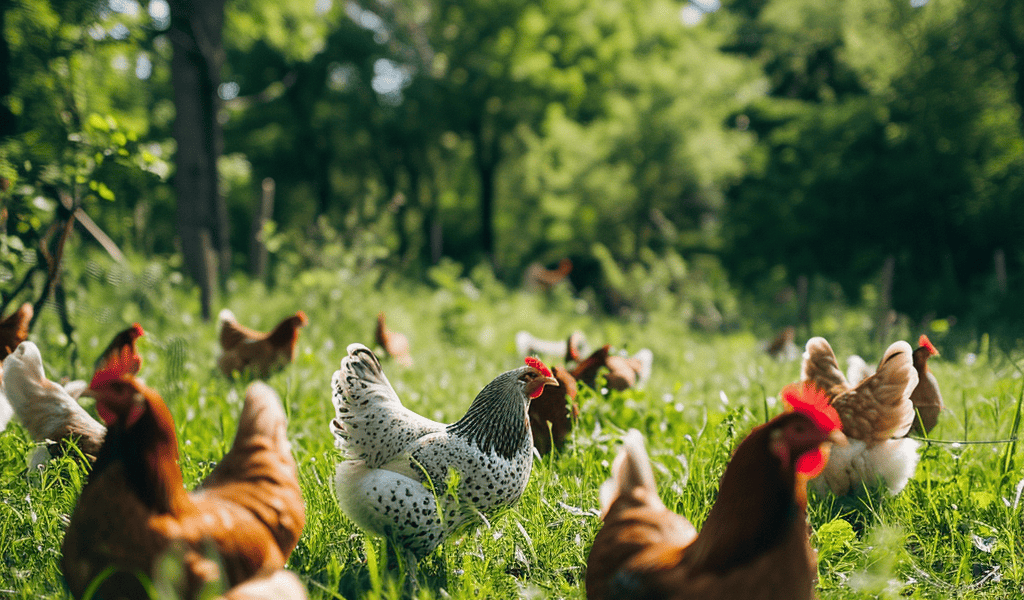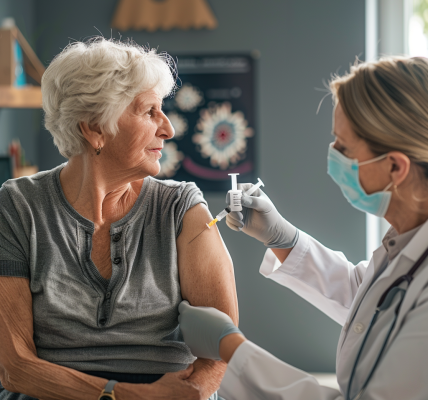Avian flu has been detected in a backyard flock of birds in Barnstable County, as announced by state officials. The Massachusetts Department of Agricultural Resources’ Division of Animal Health revealed that Highly Pathogenic Avian Influenza (HPAI) was found among a flock of non-commercial, mixed-species backyard birds showing clinical signs consistent with the disease. These birds were euthanized and disposed of as a precautionary measure.
Highly Pathogenic Avian Influenza is highly contagious and often fatal to chickens, demanding a rapid response. An outbreak between 2014 and 2015 led to an estimated $950 million response by the United States Department of Agriculture. The Massachusetts Department of Agricultural Resources advises both backyard and commercial poultry owners to take strong measures to prevent their birds from having contact with wild birds, their feathers, and droppings.
The disease is known to circulate in the wild bird population, especially among wild birds typically in and around water. The agency recommends eliminating standing water and preventing domestic birds from accessing ponds, streams, and wetland areas that attract wild waterfowl.
Furthermore, the public is urged to avoid contact with wild birds or touching dead birds or birds showing signs of illness. Other bird species besides waterfowl, including raptors and scavengers, are also susceptible to catching HPAI.
While human infections of avian influenza are rare, sporadic cases have been reported. The World Health Organization emphasizes the need for strengthened surveillance in both animal and human populations, thorough investigation of every zoonotic infection, and pandemic preparedness planning.
Signs that a bird may have HPAI include decreased energy, loss of appetite, reduced egg production, soft-shelled or misshapen eggs, and swelling of the head, comb, eyelids, wattles, or hocks, as well as nasal discharge, snicking, and coughing.





